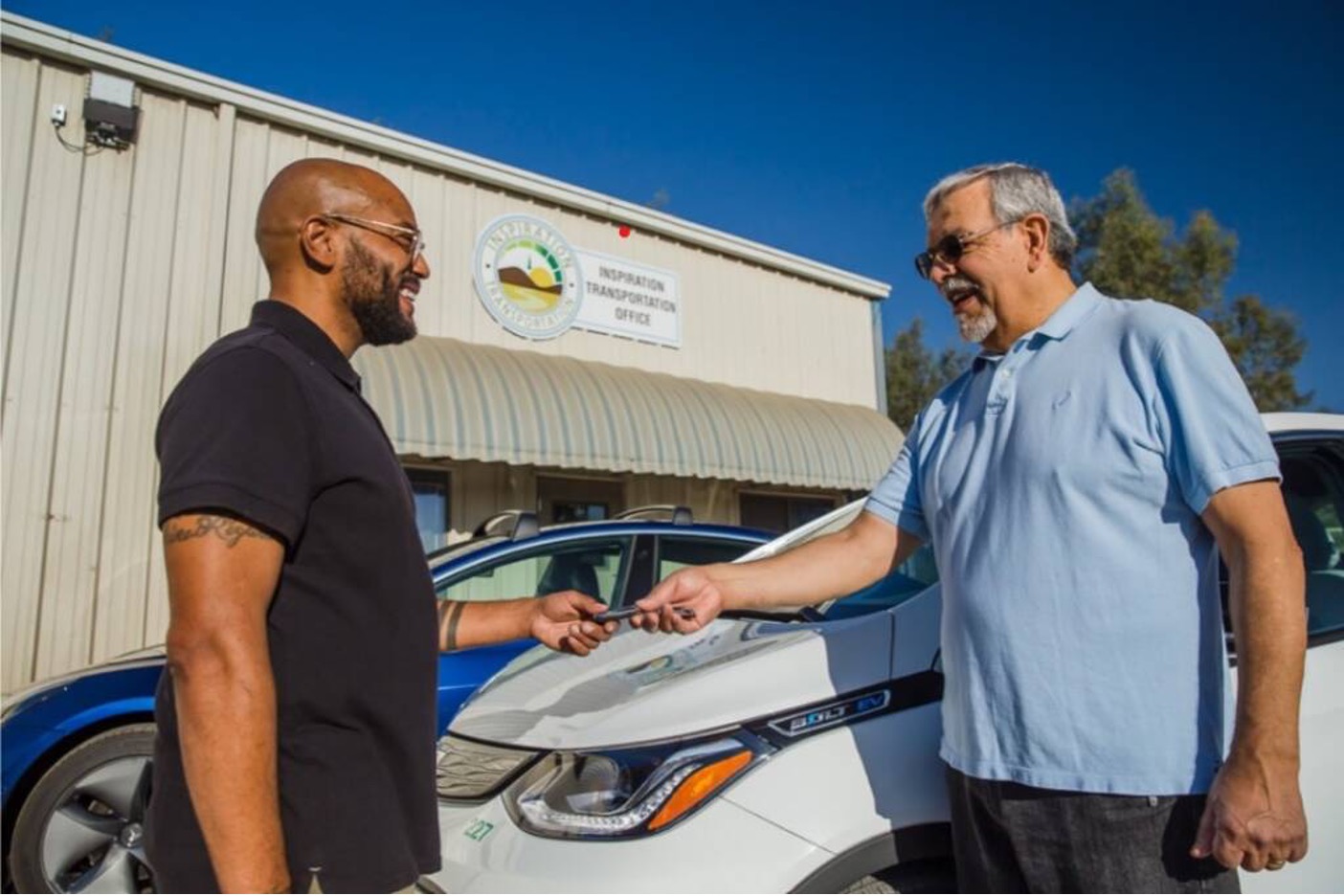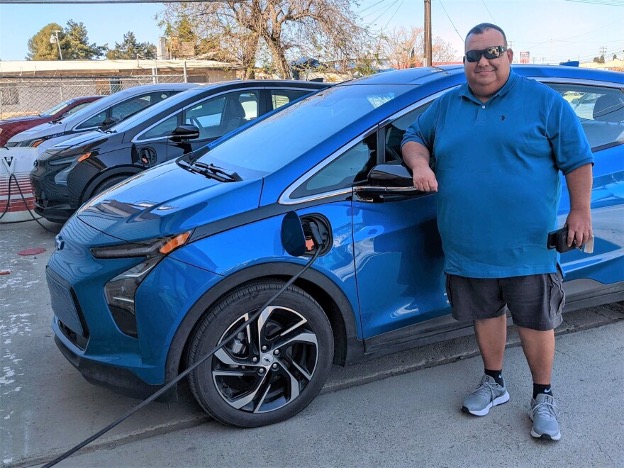Southern California Community Electrifies Entire Bus Fleet
- Author: Laurel Schwartz
- Date: October 10, 2023
After years of high asthma rates and chronically toxic air, Antelope Valley, CA electrified their entire bus fleet, the first in North America to do so.



